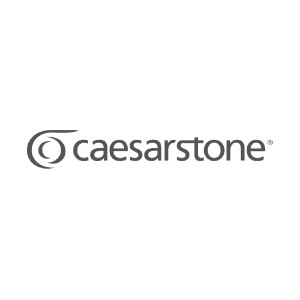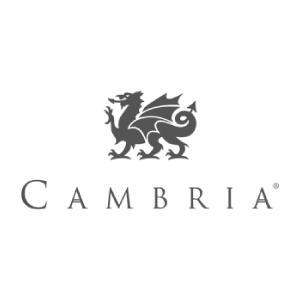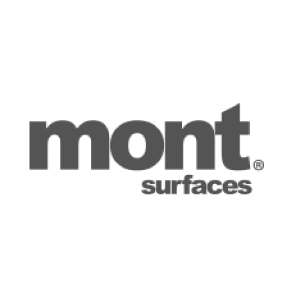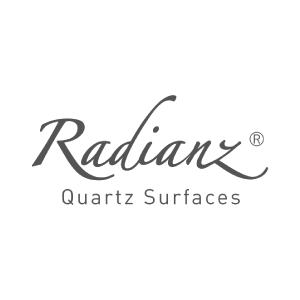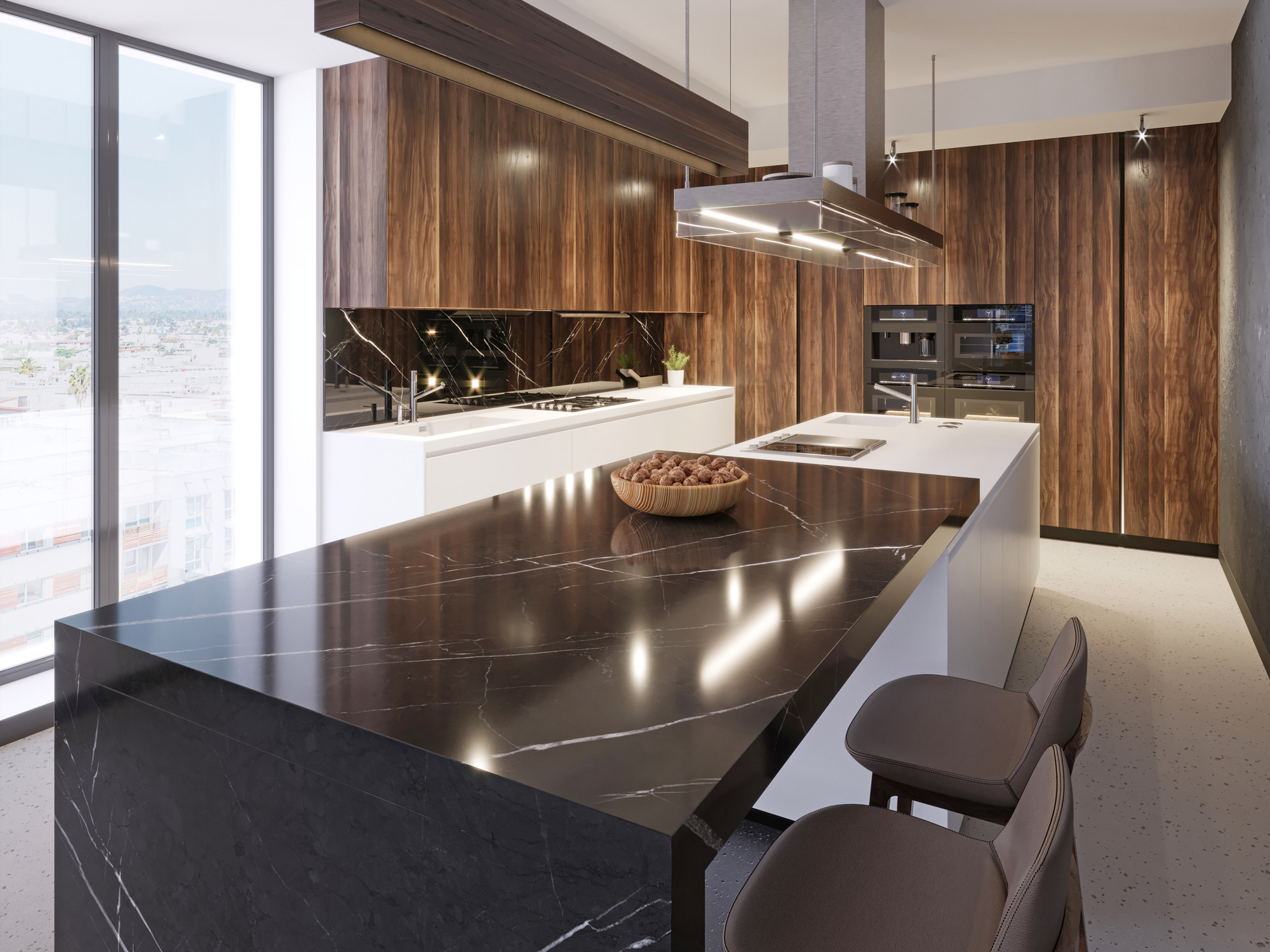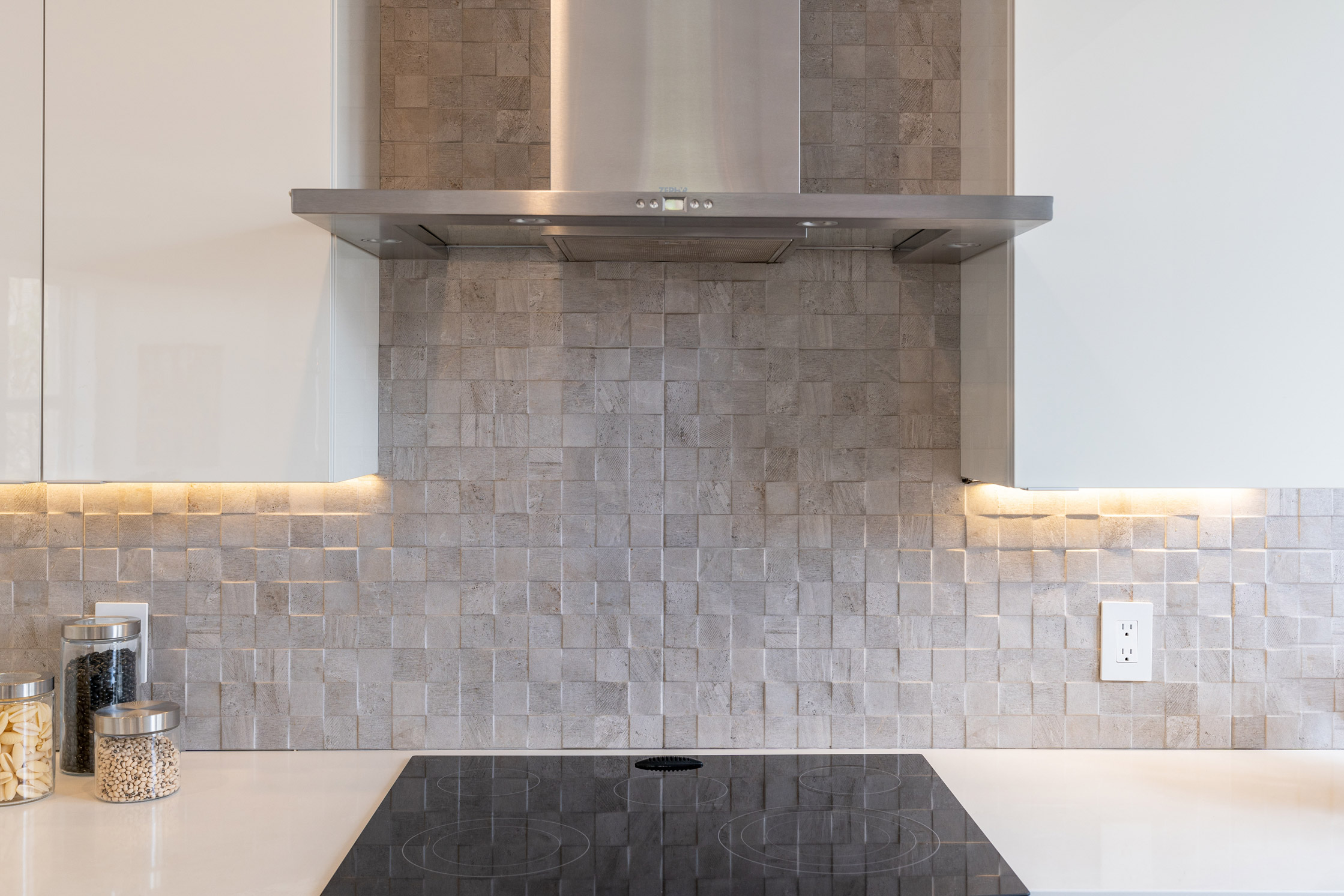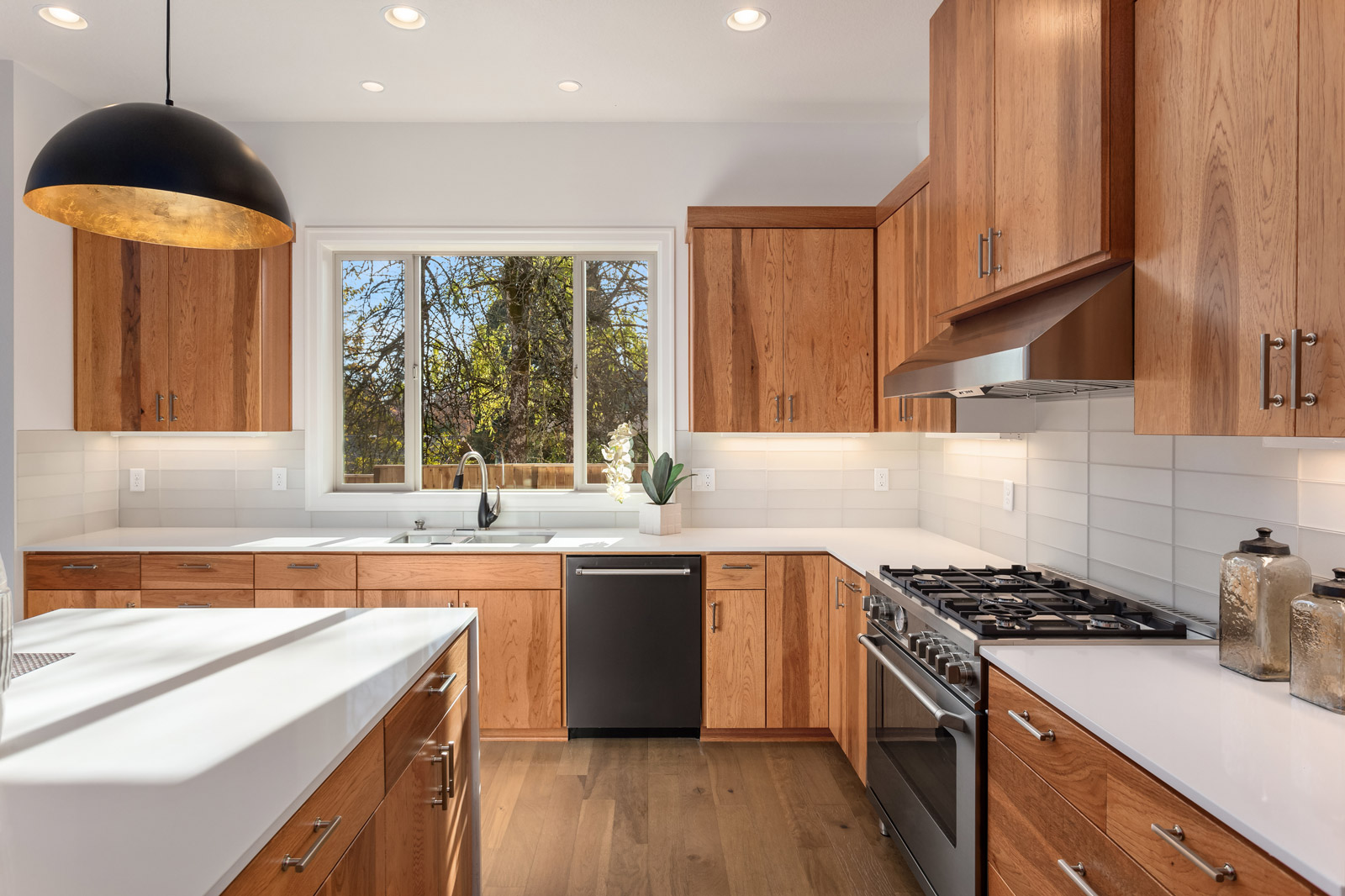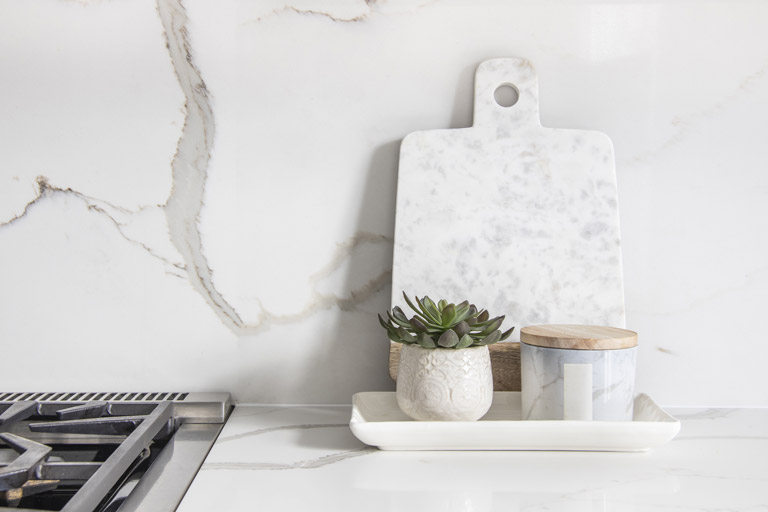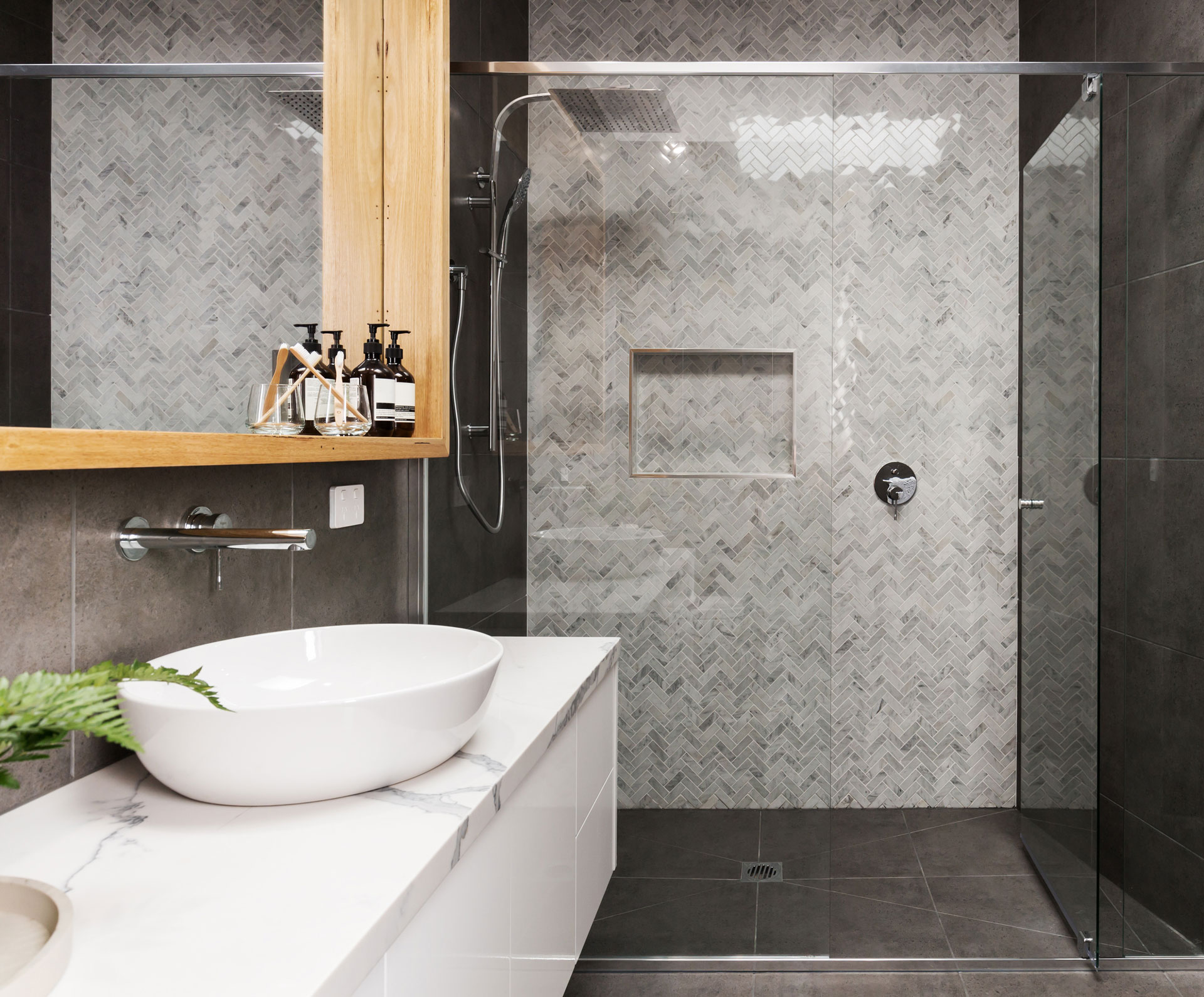Distinguished surfaces for unparalleled spaces.
Are you seeking a maintenance-free surface? Is stain, heat, and scratch resistance among the top priorities for your space? Or perhaps style is what matters most? With access to exceptional materials to fit every style and budget, Century is your go-to source for all your counter surface needs.
Selection
Counters are one of the most visible and heavily used materials in our day-to-day tasks. Let Century’s team of expert designers guide you to the material that best fits your family’s unique lifestyle.
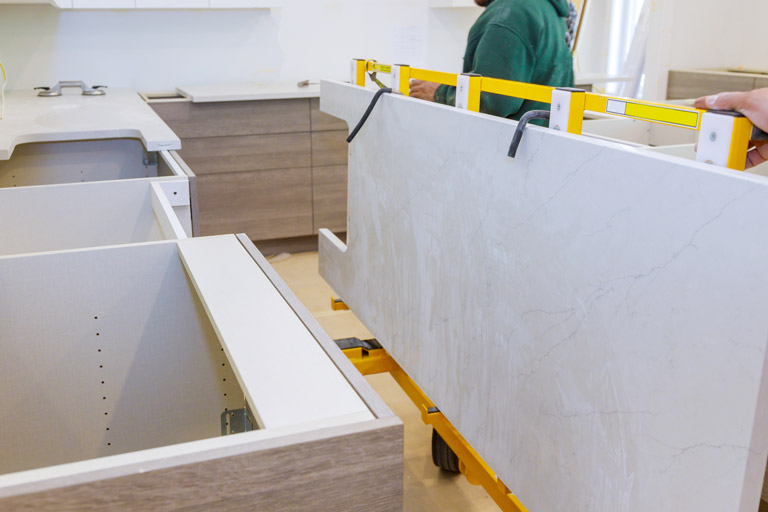
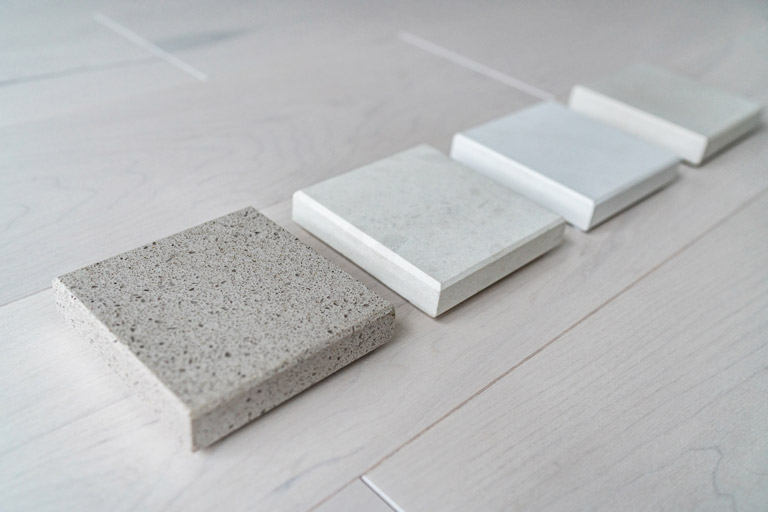
Fabrication and Installation
After making your selections at one of our showroom locations, an estimate will be prepared from the layouts provided or from an on-site visit to your new project. Once details are finalized, your material will be cut, styled and polished.
Our installation experts are true artisans and take pride in their precision, workmanship, and customer service.
Proudly featuring selections from

